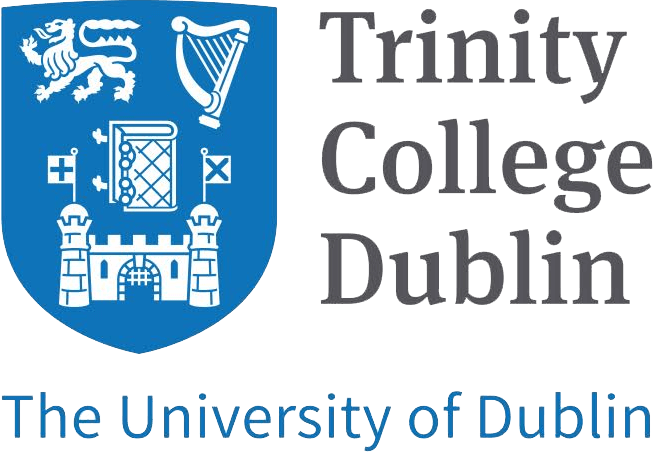MSc in Computer Science – Intelligent Systems
Key points
The MSc in Computer Science has a common set of entry criteria and leads to a Master’s Degree in Computing, specializing in one of four exciting areas: Data Science, Intelligent Systems, Virtual and Augmented Reality, and Future Networked Systems. The course It is designed and taught by staff who are leading experts in their fields, and the course content is inspired by their cutting-edge work, as well as their contacts with leading industry researchers around the world. We expect our graduates to be in high demand for high-level research and development positions in leading multinational companies and start-ups alike. In some cases, our graduates have completed TCD funded doctoral studies.
Professional oportunities
Data science or Big Data has become a topic of great importance in recent years, finding applications in health, finance, transportation, smart cities and elsewhere. Along these lines, Trinity’s leading experts in this field will guide you through how to collect and store data (using IoT technologies and cloud computing), process it (using statistics and advanced techniques such as machine learning), and provide new insights. and knowledge of the data.
Program structure
In the first quarter (September – December), all students acquire the necessary skills in a series of core modules common to the M.Sc. Program. These include research methods (to allow students to produce their own dissertation), innovation (to equip students with skills in company formation or innovate within a large company), and machine learning (a fundamental technique for each of specializations). In addition, students will begin with specialized modules in their chosen branch, learning the key techniques of Data Mining and Analysis, including classification techniques, neural networks, and ensemble methods with practical work in the R language. In addition, students discover how to can collect and manipulate large data sets in large cloud computing facilities in the Scalable Computing module.
During the second quarter (January – March), students begin foundational work on their dissertation and immerse themselves in more specialized modules in their chosen branch. The module on optimization algorithms for data analysis will explore topics such as convex optimization, large-dimensional simulation. Applied statistical modeling will address many popular techniques, such as Markov chains and Monte Carlo simulation, with the opportunity to apply these techniques to a real data set. Students will learn how to reveal information derived from large data sets in the data visualization module and cover essential data security and encryption concerns in the security and privacy module. In addition, you can choose three additional electives (one in period 1 and two in period 2) from a pool of modules offered in the other branches of the M.Sc. Program.
The summer semester (April – August) will focus exclusively on the Dissertations, doing experimental work, building prototypes and writing the work. By April, students will have chosen a dissertation topic, chosen and consulted with their chosen supervisor and will be ready to spend substantial time researching and prototyping their work. We expect the best projects to deliver quality publishable articles during this period. Throughout the year, all projects will be shown to an industry audience comprised of indigenous, small and medium employers and multinational companies.
Please note that the course content is updated annually and there are some changes from year to year. Students accepted into the course will receive formal module descriptors prior to the start of the term.
Admission requirements
- A grade II.1 (60-69%) or higher from a reputable university in Computer Science or a strongly related discipline.
- A standard of proficiency in the English language that will allow full participation in courses, class work, and other activities; this means an IELTS level of 6.5. For more details on this, please visit the International Student Entry Requirements website.
- You have to be able to be fully proficient in programming in C, C ++ or Java [for graphics and Vision Technologies, you will need to have or acquire proficiency in C ++].
- A strong work ethic and a determination to make a firm commitment to the demanding program. This means, for example, that it will be extremely difficult to take the course while maintaining a part-time job.
Learn more about our educational offer
Request your quote
An advisor will contact you by phone and email within the following hours

